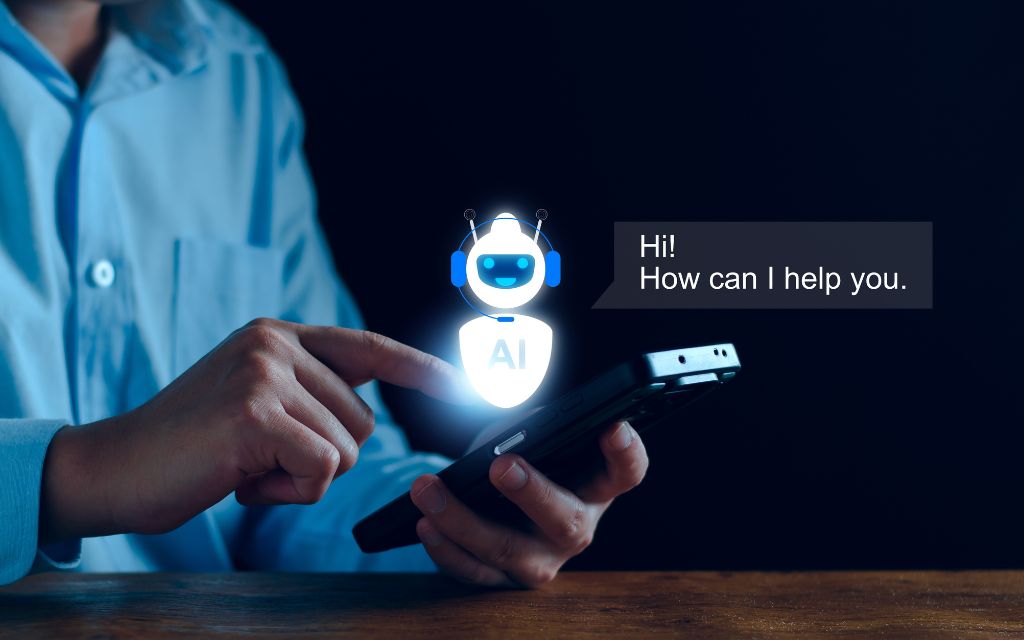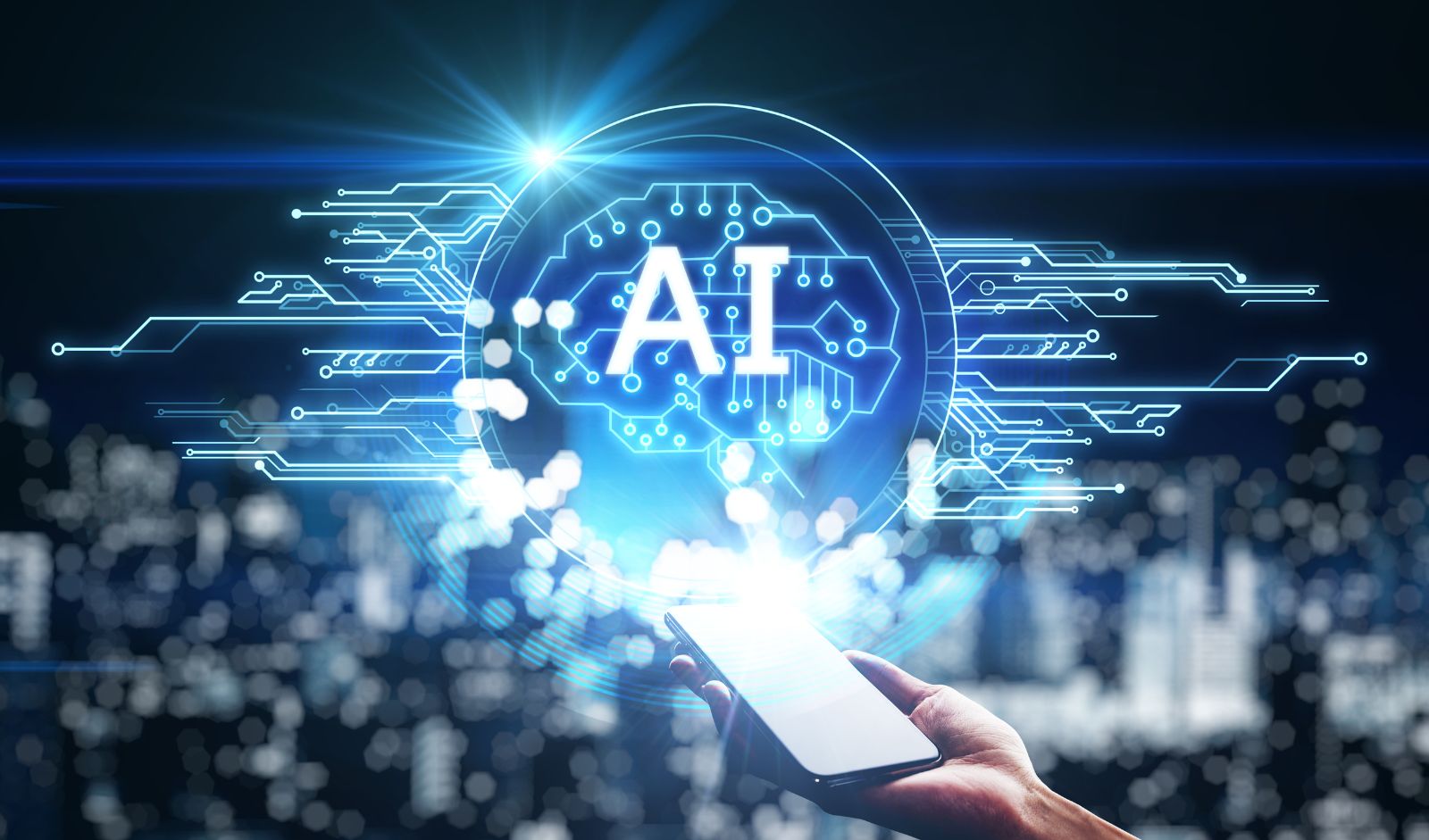Artificial intelligence (AI) has the potential to transform websites and the way we interact with them. In the past, websites have been fairly static, with users limited to clicking on links and scrolling through pages. However, AI has the ability to make websites more dynamic and personalized, providing users with a more engaging and intuitive experience.

One of the main ways in which AI is already transforming websites is through chatbots. Chatbots are programs that simulate conversation with users, often using natural language processing (NLP) and machine learning (ML) algorithms. Chatbots can be used for a variety of purposes, including customer service, sales, and lead generation. As AI continues to evolve, chatbots are becoming more advanced and more human-like, which means they can handle more complex tasks and interactions.
Another way in which AI is transforming websites is through personalization. AI algorithms can analyze user data, such as browsing history and search queries, to provide customized content and recommendations. For example, an e-commerce website might use AI to recommend products based on a user’s purchases or browsing history. This type of personalization not only improves the user experience but can also increase sales and customer loyalty.

AI is also transforming website design. Designing a website is often a complex and time-consuming process, but AI can automate many aspects of this process. For example, AI algorithms can analyze user behaviour to determine which design elements are most effective at engaging users and driving conversions. This information can then be used to optimize the design of the website, making it more effective at achieving its goals.
In the future, AI is likely to transform websites in even more ways. Here are some potential developments to look out for:

Enhanced chatbots
As AI continues to evolve, chatbots are likely to become even more advanced and human-like. This means they’ll be able to handle more complex interactions and provide more nuanced responses. They may even be able to understand and respond to emotions, making them even more effective at customer service and sales.
Hyper-personalization
As AI algorithms become more sophisticated, they’ll be able to analyze even more user data to provide hyper-personalized experiences. For example, a news website might use AI to personalize not just the content a user sees but also the format and style of that content based on their preferences.
Voice-enabled website
With the rise of voice assistants like Siri and Alexa, websites will likely become more voice-enabled in the future. This means users will be able to interact with websites using their voice, which could make the experience more convenient and intuitive.
AI-powered search
AI algorithms can already provide more accurate and relevant search results than traditional search engines. In the future, it’s likely that AI-powered search will become even more sophisticated, using natural language processing and machine learning to provide more accurate and personalized results.
Dynamic content
With AI, websites can become more dynamic and interactive. For example, a website might use AI to automatically generate personalized videos based on user data or to create personalized product recommendations in real-time.
Predictive analytics
AI can analyze large amounts of data to identify patterns and make predictions about future behaviour. In the future, websites are likely to use predictive analytics to anticipate user needs and provide more proactive and personalized experiences.
Real-time optimization
With AI, websites can be optimized in real-time based on user behaviour. This means that if a user is struggling to find what they’re looking for, the website can adjust its layout and content in real-time to make the experience more effective and engaging.
Overall, AI has the potential to transform websites in numerous ways, making them more dynamic, engaging, and personalized. As AI continues to evolve, we can expect to see even more exciting developments in the world of websites and the internet.
